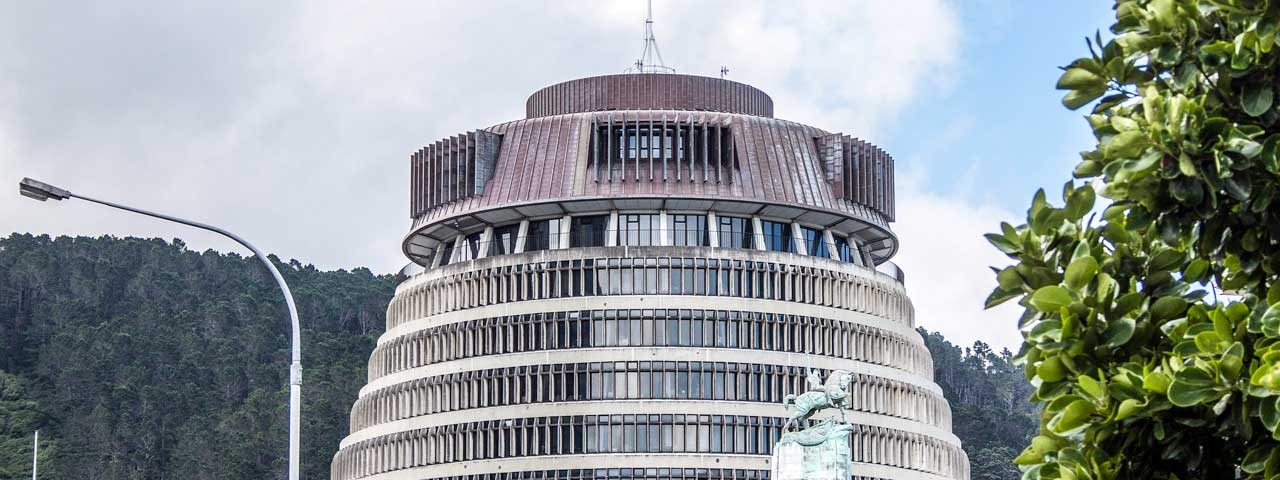New Zealand has a global reputation as an open, market-led economy, one of the least corrupt nations in the world and one of the easiest to invest and trade with. Thanks to a stable political system and an ingrained sense of fair play, this won’t change – whatever the result of September’s general election.
In such uncertain times, surely there must be concern about any new government and their economic policy? Will investment and business activity be deferred until a new economic reality is articulated? The reality is that, COVID-19 aside, there is no feeling of an impending major shift in New Zealand’s economic policy, whatever the election’s outcome.
New Zealand is a unitary parliamentary democracy, with a single House of Representatives. A proportional voting system and a short election cycle of three years means New Zealand governments tend to be moderate or centrist in nature. The stability this system offers means governments typically serve more than a single term, with four of the last five governments having lasted for nine years.1
New Zealand has a multi-party system although the country’s political landscape is dominated by two large political parties, centre-left and centre-right respectively. A range of other political positions are represented by smaller parties with which the larger parties must form coalition governments. As these two dominant parties are always the majority partner in a coalition, a change in government typically doesn’t lead to large policy shifts. Nor is there usually an automatic dismantling of the previous government’s legacy, as is often seen overseas. Business and investment decisions and strategies made under one New Zealand government will, in almost all cases, still make sense under the next.
New Zealand is internationally acknowledged as an advocate of free trade and a rules-based system. This reputation has been built and maintained over more than 30 years of consistent policy, or at least policy direction. The economic realities of COVID-19 and the job ahead mean that economic policy between the two dominant parties are now closer than ever – to the point that a local paper established an online quiz challenging voters to attribute a policy to a party.2
A safe, stable place to do business and invest
New Zealand has been ranked first equal with Denmark as the least corrupt country in the world.3 In 2020, the Doing Business Report named New Zealand as the easiest country in the world with which to do business.4 This was the 4th year in a row they had done so.5 By contrast, Australia was ranked 14th, the US 6th and the UK 8th.
The World Bank uses a scale of –2.5 to 2.5 to measure political stability. Their most recent measure (2018) scores New Zealand at 1.54, second only behind Monaco (1.6). The world average of –0.05 gives this figure perspective. In terms of comparative political and economic systems, Australia was ranked 29th (0.98), the US 69th (0.48) and the UK 96th (0.05) .
The general picture is that whatever the result this September, New Zealand will remain open for business and will continue to offer the stability and transparency needed for successful international trade and investment.
Find out more
Contact investment specialist Paul Wilkinson to learn more about investing in Auckland, New Zealand
